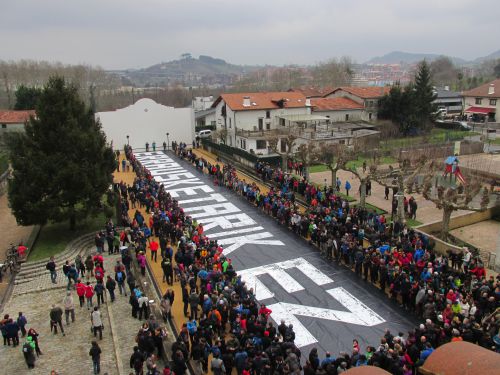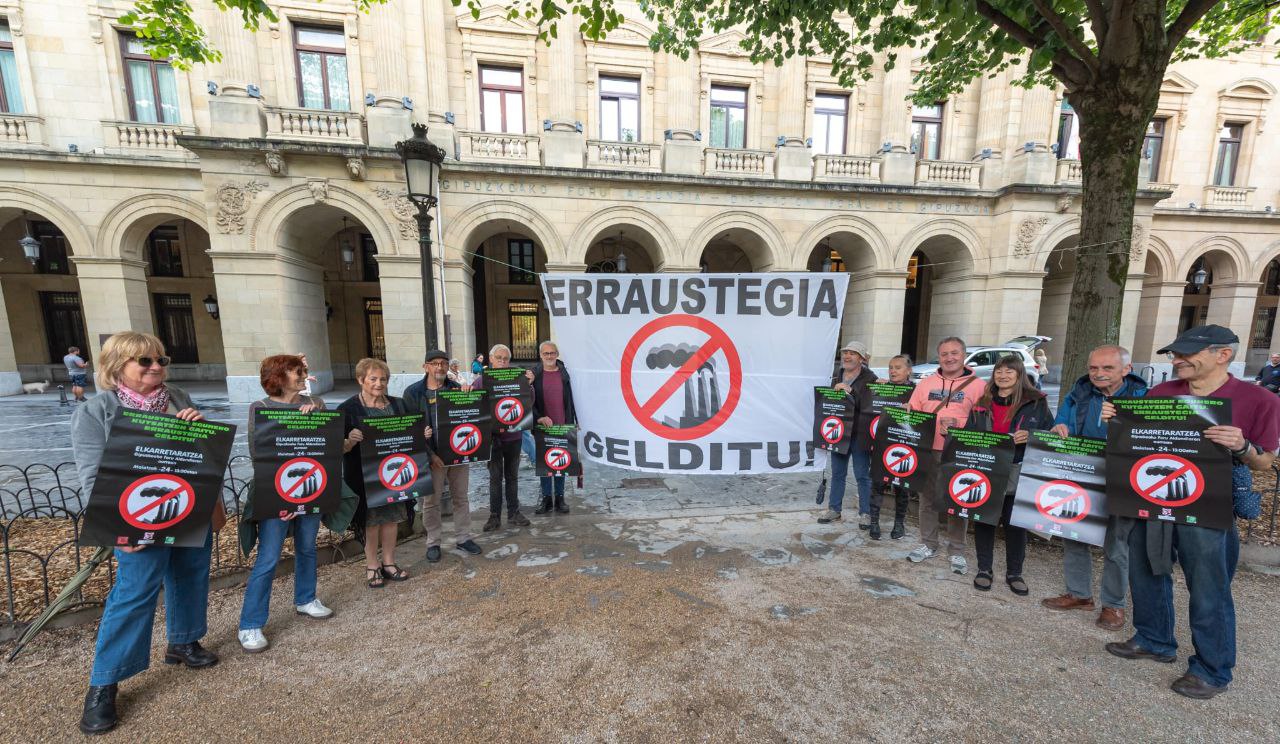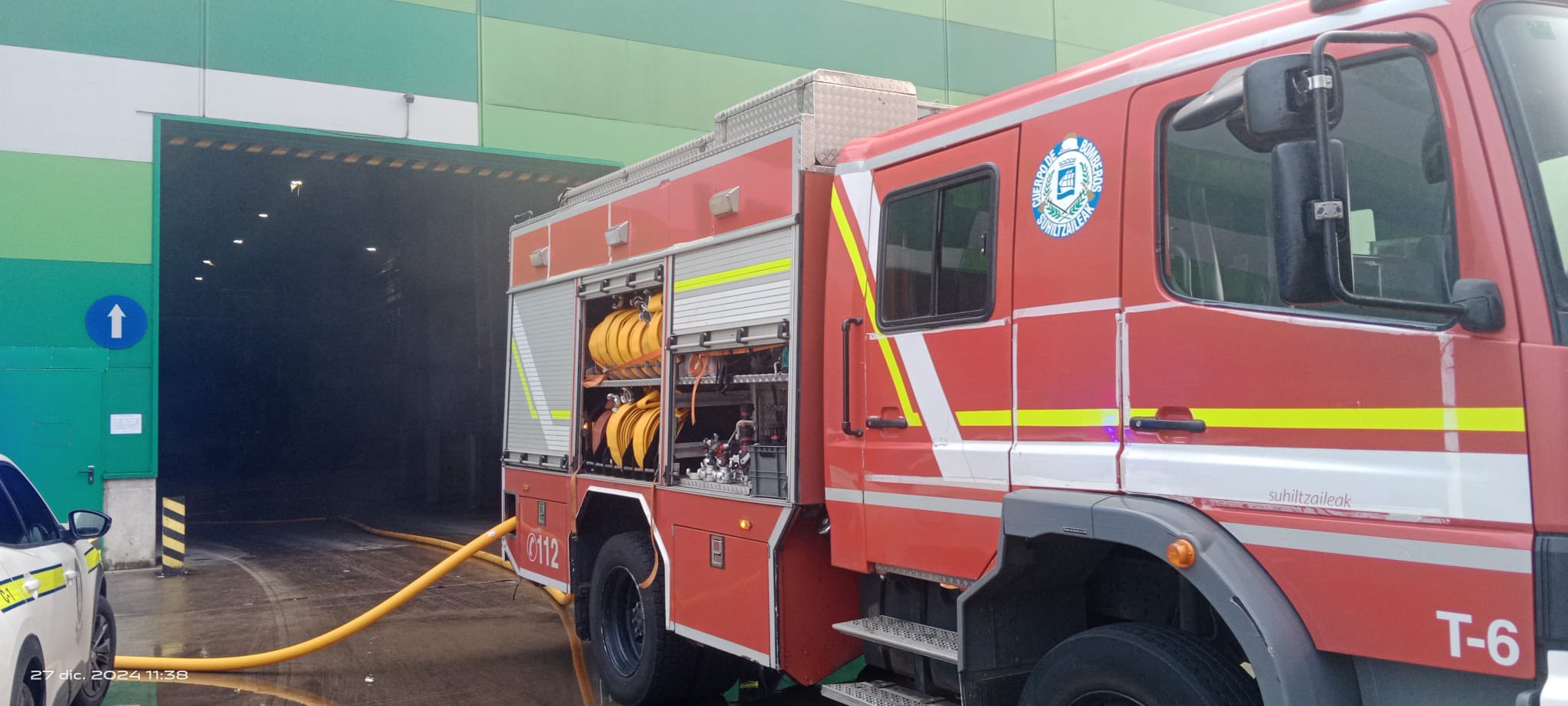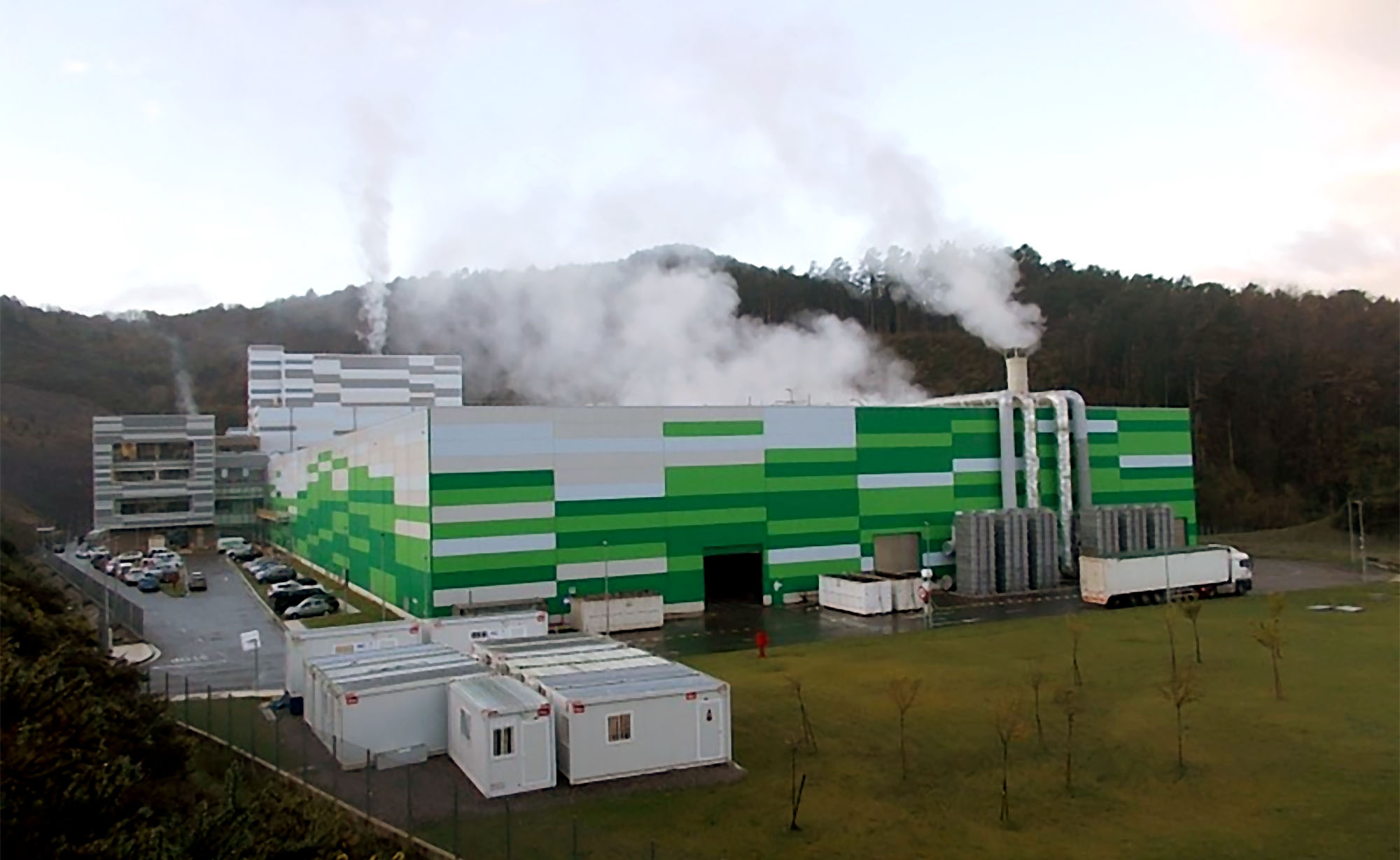Zubieta incinerator also needs consultation

The Government of Navarra has just approved the waste management plan guided by three fundamental pillars: prevention, reuse and recycling. It is not a stain free plan, since in the end it is proposed to incinerate 15% of the rejection in the cement factory. However, it is in the right direction, as by 2025 it provides for a 10% reduction in waste, 75% recycling of organic and 90% of packaging. Now you have to see how much of paper there is to reality and how you move forward on key concepts to make a real leap, such as the obligation to recycle.
Today, however, it is not surprising that we want to do all that without incineration. The contrast comes as follows: Gipuzkoa has reactivated the incineration project in Zubieta, a much more advanced area in waste management than Navarre. For the Government of Markel Olano it is essential to make an incinerator and the Government of Uxue Barkos has decided that no incinerator is needed. The question comes by itself: Why in one case yes and in another case no?
The issue of waste is once again heated in Gipuzkoa, even if it has never cooled completely. This is demonstrated by the march of Zubieta against incineration or the demonstration last Saturday in Andoain.
The repetitions of the movement are reaching even far from ground zero. The Deputy wants to turn the Epele Non-Hazardous Waste Landfill (Bergara) into a mixed waste landfill in the Alto Deba, champion of selective collection in Gipuzkoa. The citizen platform Debagoiena Model-Society has been created to deal with the idea and the question they launch is not a joke: If in the Alto Deba a selective collection of 80% has been achieved in the last five years, why is it not possible in other counties?
Because it is not a miracle that has been done there, not a lot of money, not to cure evil. Only the political will of the municipalities has been necessary. In some villages, door-to-door, in other containers, the most important key is that there are no mixed containers. On this road was key the road travelled door-to-door and also the agreement reached in Arrasate between EH Bildu and the PNV on the containers by chip.
But look, “with obligation”, because it is a cursed word in this society of liberal and sacred freedoms: do not force the selective collection of waste, but do force the burning of fully recyclable waste.
Although it is based on the apology of incineration, some of the jeltzales question the Zubieta incinerator: If you can smoke in Zabalgarbi, why bring the business to Cantabria? This is suggested by Luis Alberto Aranbarri Amatiño in the article The lie of Gipuzkoa in his blog: “If Bizkaia and Gipuzkoa were from the same territory, would Gipuzkoa make a new incinerator in Zubieta? If we were all a bit normal, wouldn't the population of less than two million people that we formed together have enough of an incinerator? Are we crazy?”
In recent months, numerous referendums have been held in Gipuzkoa on the waste collection system. In all of them, he has won the system of chip containers. There's a clue, no doubt. But do we know what they think about the incinerator project? Ask about the collection and not about the treatment? Would it not be more logical and democratic to ask about the incinerator as well?
The resignation of the mayor of Lezo has been the last gauge of the situation in the Euskalduna Palace. With the implementation of the previous municipalities (EH Bildu) in Lezo the door-to-door model has been in force until recently; the result of the agreement between the current City Council (PNV) and EH Bildu, the bio-waste and the rest will be collected door to door and the paper and plastic through containers. The GBB of the PNV has not approved the agreement and the Mayor of Lezo, the PNV, has resigned. So, isn't there a consultation? Not an agreement?
From the point of view of those who look more at waste than at votes, and in their simplicity, the Zero Zabor movement in Gipuzkoa remains an example. Besides eviction, is there any more effective popular movement in Euskal Herria today?





















